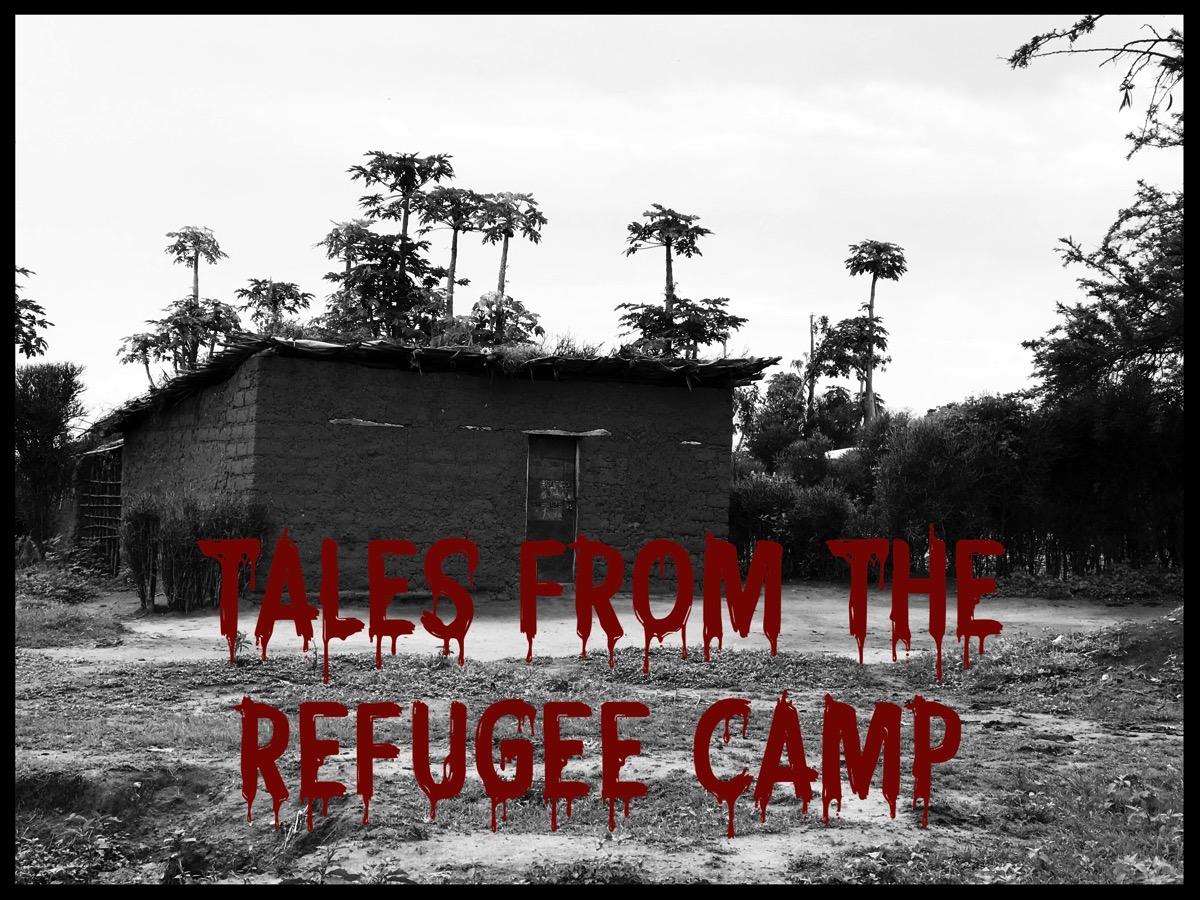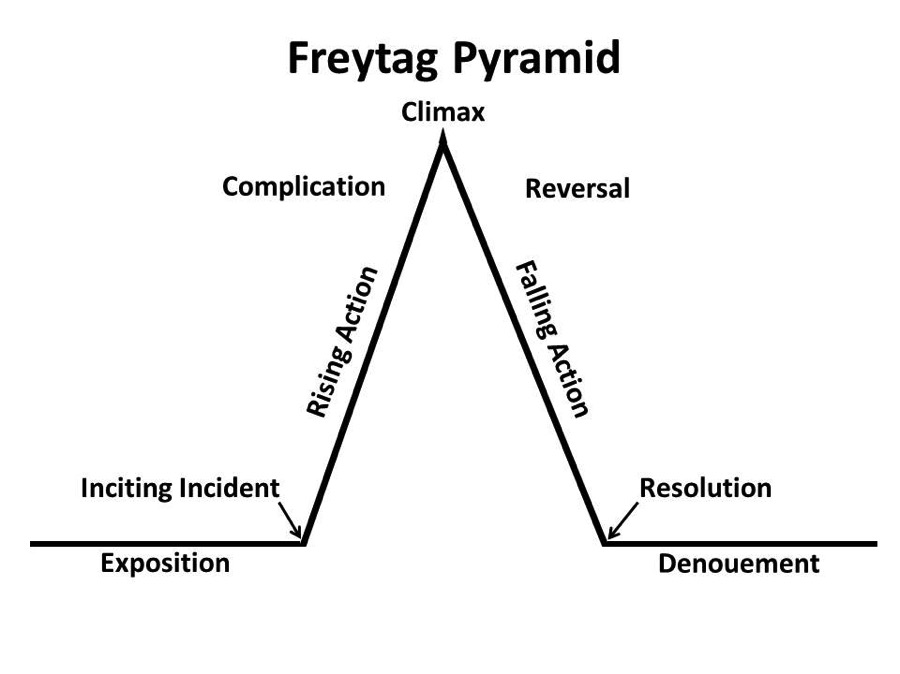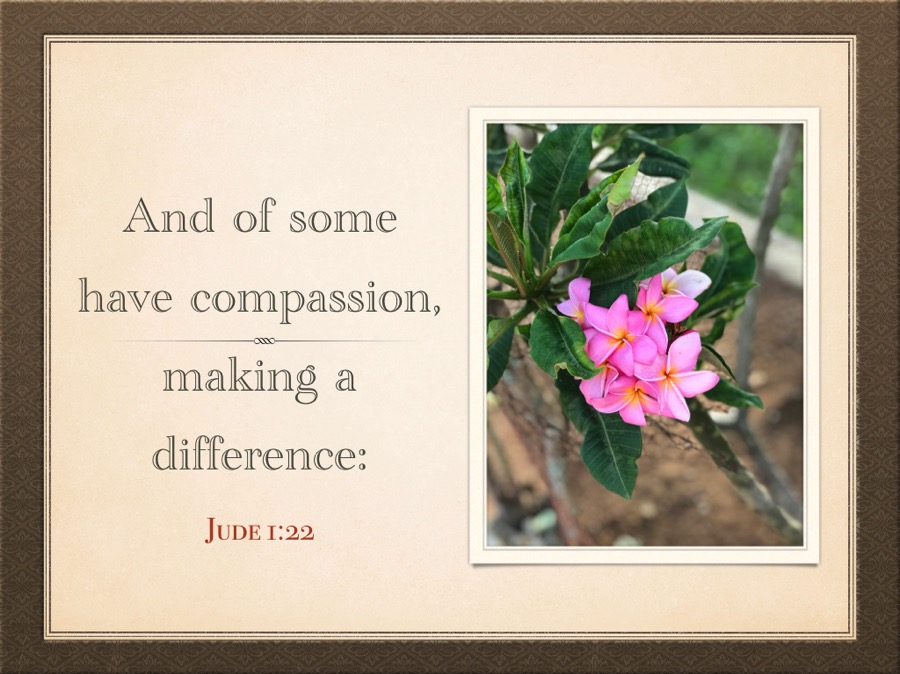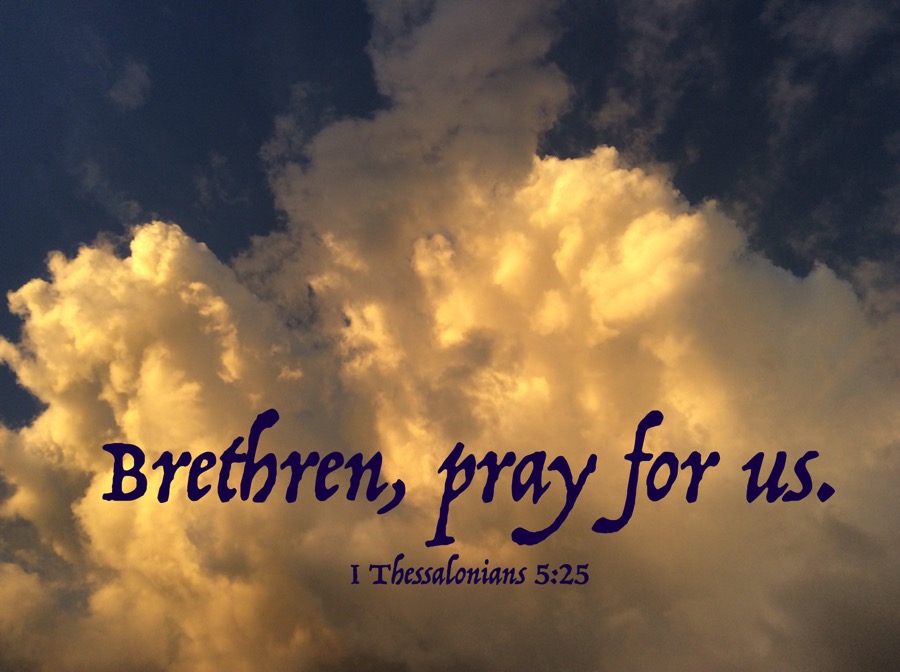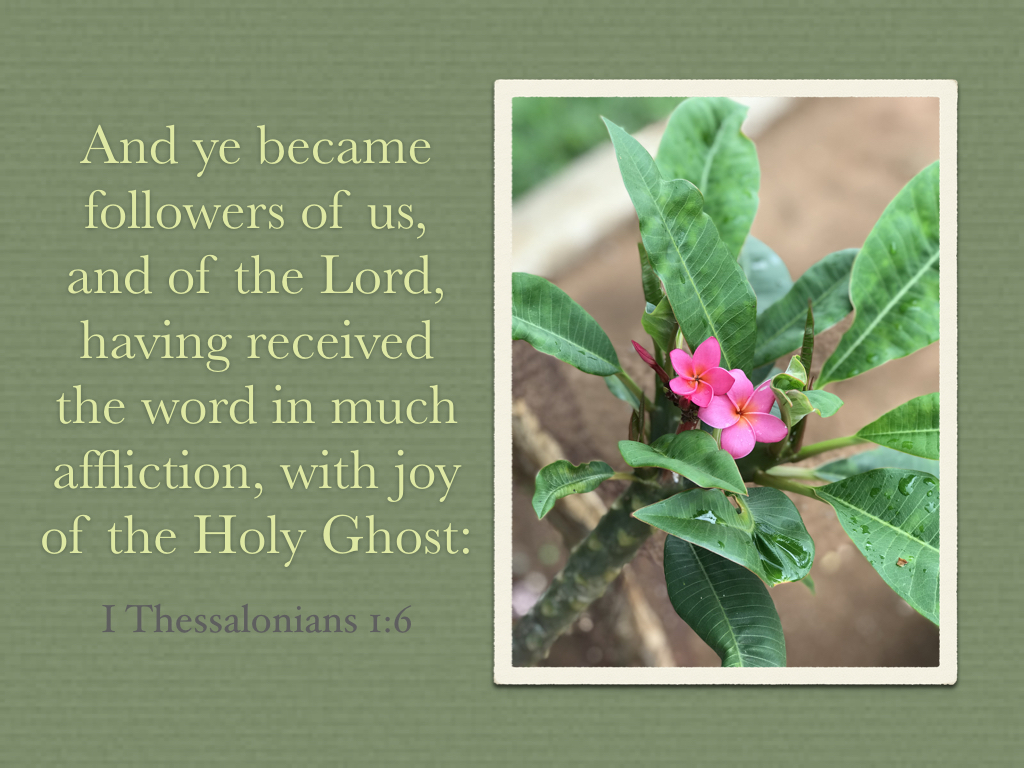
NaNoWriMo has started this year! I love NaNoWriMo and look forward to it every year. I talked about my history with NaNoWriMo in a blog post last year. This year some of my children are participating with me.
I’ve read articles recently criticizing NaNoWriMo. There seems to be a lot of misunderstanding about this event. I’m hoping to clarify some of that in this post.
You might wonder why I do NaNoWriMo every year. Why put myself through the ordeal of writing a novel in a month? I have several good reasons.
1. My time is limited.
I manage to keep pretty busy the rest of the year. NaNoWriMo is one month when I can focus on my writing. I love writing. I’ve been writing since I was a small child. NaNoWriMo gives me a reason to spend a month getting novel ideas out of my head and onto paper, without compromising everything else I need to do the rest of the time. Just by writing one or two months out of the year, I’ve been able to finish 9 novels in the last 7 years. That’s pretty good, if you ask me!
2. It’s only 1667 words a day.
In reality, it only takes an hour or two to write the daily word count. To be fair, if you have something scheduled every hour of the day, fitting in that hour or two of writing is a challenge. I get that. Sundays are hard for me. We come home from church and I’m tired. My brain doesn’t want to think about 1700 words of a novel. But once I get going and the words flow, it doesn’t seem like that long before I’m done.
I try to work ahead a little every day just in case there are days I can’t write. It’s nice to have that cushion there when life rears its ugly head and gets in the way of writing time. I also try to get my NaNoWriMo writing out of the way early in the day so the rest of the day doesn’t squeeze out time I’d have for that. It doesn’t always work, but it helps.
3. It gives me a chance to teach something I love to my children.
I’ve used NaNoWriMo to teach creative writing to all my children. Some of them have even written 30,000+ words. This year I taught the class to my youngest, who is excited to get started on her novel. If it goes anything like her older siblings, she’ll do well to write 300 words. But that isn’t the point. The point is she learned how stories are made. She learned about basic plot and how to develop characters.
This isn’t only important for those who want to write. It’s good for readers to learn it too. You learn to recognize plot devices and tropes that are used in most books. You learn to be discerning about what you read, because you recognize the author had a choice when they wrote it.
4. A first draft is a first draft.
It doesn’t matter if it takes 30 days or 30 years, a first draft is still a first draft. No one ends up with a perfect first draft. It will require editing and revising. That’s okay.
The goal of the first draft – what you end up with after NaNoWriMo – is words on a page that you can work with. Some authors prefer to edit as they go and that’s fine. However, they still have to get words on the page, the same as someone who does NaNoWriMo and doesn’t edit until the first draft is complete.
I can spend the rest of the year editing that first draft a little at a time, but it’s harder to find the time to write it in the first place.
5. I “won” NaNoWriMo because I challenged myself, set a goal, and met it.
I’ve seen lists of books written during NaNoWriMo where the authors were referred to as “winners” of NaNoWriMo. This is a misnomer. Maybe they did win and maybe they didn’t. Their published book is not a reflection of their completion of NaNoWriMo.
Everyone who finishes 50,000 words between November 1 and 30 is a winner, whether that book ever gets published or not. Some people who participate don’t even have publication as a goal.
So, really, it’s a challenge I give myself. Every year I stare down the barrel of November 1 and think “Can I do it this year? Can I write 50,000 words this month? Did I plan enough material to finish this novel? Is it even worth writing?” Every year, I have to sit down, do the work, and meet the goal. One word after another. One sentence. One paragraph. One chapter. Until it makes a book.

